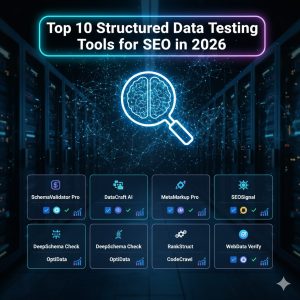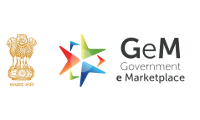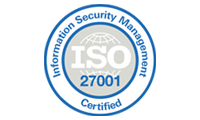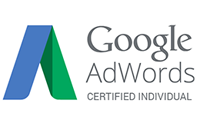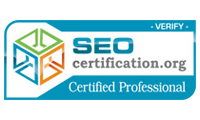Search Engine Optimization (SEO) and Pay-per-click (PPC) are the two topmost services used by businesses are marketers. But which one is the best and which would be the best choice for your business? In this SEO vs PPC battle which one will come out as the winner? We will find out the answer in this blog.
Marketing experts and SEO companies consistently recommend keeping both SEO and PPC options available. Choosing to invest in both strategies is often wise for achieving the best results and maximizing output. However, before making any decisions about your investment, be sure to read this article in its entirety.
What is SEO? Search Engine Optimization Explained
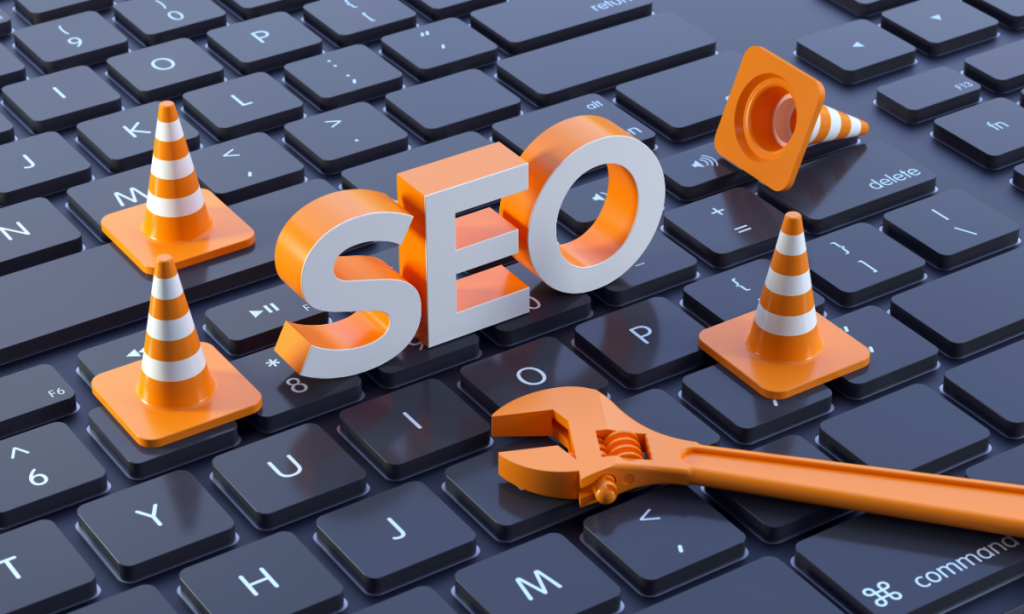
Search Engine Optimization (SEO) is the process of optimizing a website or web content to improve its visibility and ranking on search engine results pages (SERPs). The primary goal of SEO is to attract organic (non-paid) traffic to a website and to ensure that it appears higher in search results when users search for relevant keywords or phrases.
How SEO Works for Small Businesses
Search Engine Optimization (SEO) is all about making your website shine in the digital world, organically! This process includes steps like finding the best keywords that people are searching for, optimizing your content to make it more engaging, and building links that boost the credibility of your website. Before we dive into SEO vs PPC comparison, let’s find out how these digital marketing services work:
Keyword Research
Determine the appropriate keywords and phrases that the potential customers may use to find products or services. It is possible to find high-volume and low-competition keywords with the help of tools such as Google Keyword Planner, SEMrush, or Ahrefs.
On-Page Optimization
- Title Tags: Include primary keywords in the title tags of your web pages.
- Meta Descriptions: Write compelling meta descriptions that incorporate keywords and encourage click-throughs.
- Headings: Use headings (H1, H2, H3) effectively to structure content and include keywords.
- Content Quality: Create high-quality, informative, and engaging content that answers the exact queries of users while incorporating keywords naturally.
- URL Structure: Use clean, descriptive URLs that include relevant keywords.
Technical SEO
- Site Speed: Ensure your website loads quickly, as page speed is a ranking factor.
- Mobile-Friendliness: Optimize your site for mobile devices, as more users access the internet via smartphones.
- XML Sitemap: Create an XML sitemap to help search engines crawl your site effectively.
- Robots.txt: Use a robots.txt file to guide search engines on which pages to index and which pages to leave.
Link Building
- Internal Linking: Link to other relevant pages within your site to improve navigation and the flow of authority.
- External Links: Acquire backlinks from reputable websites to boost your site’s authority. This can include guest blogging, partnerships, or creating shareable content.
Local SEO
Having visibility of your online business in a specific geographic area is a crucial step toward maximizing your presence in local search results. Start by creating a detailed Google My Business profile and ensure all relevant details about your business — including address, phone number, working hours, and business type — are properly filled in.
This listing not only helps in local search visibility but also allows potential customers to find essential details about your services at a glance. For more details, access the ultimate local SEO checklist to improve your business in your area and experience immediate growth.
Start attracting real, organic traffic that grows your business steadily. Consult with the Best SEO Experts in Noida and see the results – Book My Free SEO Consultation.
What is PPC? Pay-Per-Click Advertising Explained
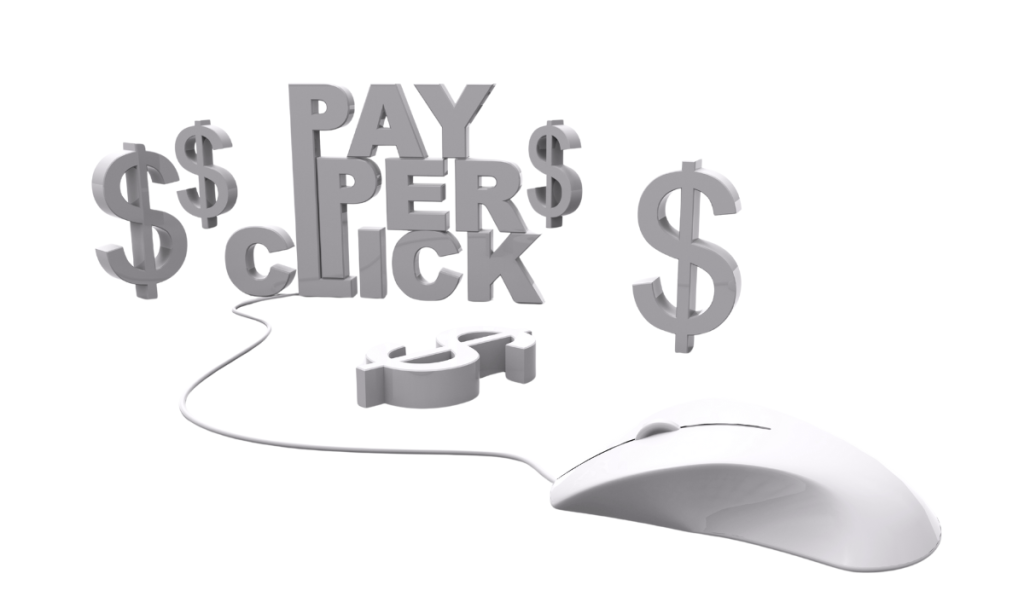
Pay-per-click (PPC) is an online advertising model where advertisers pay each time a user clicks on their ad. As opposed to organic search strategies, e.g., SEO, PPC enables companies to ensure instant presence on search engines and other websites courtesy of placing adverts at the center stage.
In a PPC campaign, the advertisers pay an amount of money when a particular keyword that pertains to the service or product they are offering is bid on. Depending on the search query entered by the user, the advertisements can be displayed at the top or bottom of the search form or in other sites that belong to the ad networks.
How Pay-Per-Click Advertising Works for Small Businesses
The PPC (Pay-Per-Click) process involves creating targeted ads on platforms like Google Ads or Facebook where advertisers pay only when users click their ads. It begins with campaign setup, keyword research, and ad creation, followed by participation in ad auctions. Here is how it works:
Setting Up the Campaign
To begin a PPC campaign, the first step is to set it up in the platform you have selected (for example, Google Ads or Facebook Ads) which allows you to provide the following: your targeted audience, daily or monthly budget, and your bidding strategy. Your budget is the maximum you are willing to spend, and your bidding strategy (CPC, CPM, or CPA) dictates the process of how you should pay for these clicks or impressions.
Keyword Research
Keyword research helps identify the terms your target audience searches for. These keywords should reflect your products or services and include variations based on search volume and queries. For instance, a shoe store might use keywords like “buy running shoes online” or “best running shoes.”
Ad Creation
Creating your ad involves writing copy that grabs attention and encourages action. It should feature a clear headline with your target keyword and a description that highlights your offering. The call-to-action (CTA) that encourages users to “Shop Now” or “Learn More” is very important.
Ad Auction & Ranking
When someone searches for a keyword you are targeting, an ad auction happens. The position of ad is determined by your bid and Quality Score, which factors in relevance, user experience, and landing page quality. A higher Quality Score can lower costs and improve your ad rank even if your bid is lower than your competitors.
Clicking the Ad
When a user clicks your ad, you will incur a charge that considers both the bid you are willing to pay and how competitive that keyword will be. The more popular the keyword, the more expense you can expect per click. The great news is that focusing on less common or long-tail keywords will generally bring your cost down while still allowing you to reach users that are highly relevant to your business.
Conversion Tracking
Tracking conversions provides insight into how your PPC ads are achieving real business results. It allows you to learn how your ads, keywords, and landing pages are performing in terms of results – it could be a purchase, form submission, or phone call. The information regarding conversions is paramount for optimizing campaigns as it directs your attention to the various aspects that are producing the best results.
Get immediate, targeted leads that convert. Launch your PPC campaign with us and see fast, measurable growth – Help Me Launch My PPC Campaign.
SEO vs. PPC: Which One Should Small Businesses Choose?
SEO vs PPC: Small businesses should choose PPC for fast, targeted traffic and immediate results; however, SEO is better for long-term growth, building online visibility, and attracting consistent, cost-effective organic traffic. Ideally, using both together provides short-term gains from PPC and lasting benefits from SEO.
Difference Between SEO and PPC:
| Factor | SEO (Search Engine Optimization) | PPC (Pay-Per-Click Advertising) |
|---|---|---|
| Cost | Low ongoing cost; no payment per click; requires time and content effort | High cost per click; continuous budget needed to maintain traffic |
| Speed of Results | Slow; takes 3–6 months or more for significant visibility | Instant; traffic and leads start as soon as ads go live |
| Return on Investment | High long-term ROI; compounding value over time | High short-term ROI if optimized; can be costly if mismanaged |
| Traffic Duration | Ongoing traffic without continuous spend | Stops when the budget runs out |
| Trust & Credibility | Builds authority and user trust; higher click-through on organic results | Lower trust; some users skip ads marked as sponsored |
| Targeting Capabilities | Limited targeting based on keywords and content | Advanced targeting by audience, location, device, behavior, etc. |
| Best For | Long-term growth, authority building, and consistent traffic | Quick visibility, product launches, promotions, and lead generation |
| Control Over Visibility | Limited (algorithm-based rankings) | Full control over placement, timing, and audience |
Cost Comparison: How SEO vs PPC Impact Small Business Budgets
Cost is a significant factor when exploring the differences between SEO and PPC. SEO often requires time and upfront investment to create quality content and optimize your website. It may require a one-time cost but provides consistent, free traffic over time. On the other hand, PPC keeps you showing up at the top of the search results, depending on your strategy and keyword bidding. However, PPC demands ongoing spending because you pay for every click, giving you immediate visibility but at a continual cost.
SEO vs PPC: Benefits and Limitations for Small Business Growth
Both SEO and PPC have their strengths and weaknesses for growing a small business. SEO builds trust and long-lasting presence by ranking your website naturally in search results but it takes consistent effort. PPC can get your business in front of potential customers quickly with targeted ads, making it perfect for promotions or launching new products.
| Aspect | SEO | PPC |
|---|---|---|
| Benefits | • Lower long-term cost• Builds organic traffic• Increases brand trust over time | • Immediate traffic and visibility• Precise audience targeting• Flexible budgeting options |
| Limitations | • Results take time to appear• Requires ongoing content and optimization• Less control over audience targeting | • Can be costly with competitive keywords• Traffic stops when the budget ends• Some users ignore ads (ad blindness) |
SEO vs PPC: What to Choose for Small Businesses
Deciding between SEO and PPC depends on the current needs of your small business. If you aim for steady growth and want to establish a strong online reputation, SEO is the better choice. While it takes time to see results, the long-term benefits are significant. On the other hand, if you need quick results, such as driving sales during a specific promotion or event, PPC is the most effective option. Many successful businesses find value in using both strategies: PPC for immediate gains and SEO for sustainable success.



